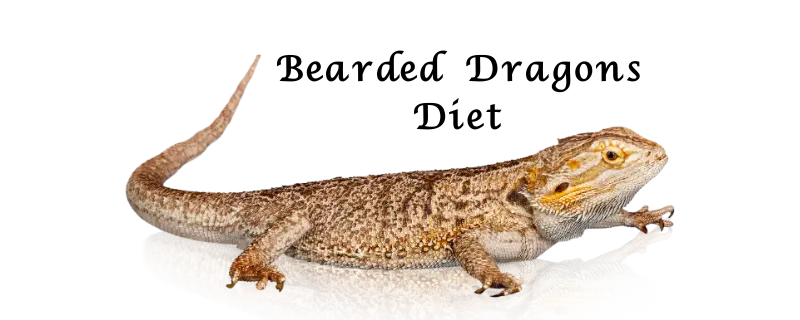What is Brumation in Bearded Dragons and How to Manage It?
If you’re a bearded dragon owner, you might be surprised when your normally active pet suddenly becomes sluggish, stops eating, and sleeps more than usual. Don’t panic — your beardie might just be going through brumation, a natural process similar to hibernation in mammals.
✅ What is Brumation?
Brumation is a period of dormancy that reptiles, including bearded dragons, undergo during cooler months to conserve energy. In the wild, this helps them survive when food is scarce and temperatures drop.
Domesticated bearded dragons may still brumate even in captivity, especially if they sense seasonal changes in light and temperature.
🕒 When Does Brumation Happen?
Brumation usually occurs during the colder months — typically late fall to early spring — but the exact timing can vary. Some bearded dragons brumate every year, while others might skip it altogether.
Young bearded dragons (under 1 year old) often don’t brumate or only do so lightly.
🐉 Signs Your Bearded Dragon is Brumating
It’s important to know the difference between brumation and illness. Typical signs of brumation include:
- Sleeping for extended periods
- Eating much less or stopping altogether
- Digging or burrowing behavior
- Less activity and basking
- Seeking cooler spots in the tank
👉 Note: If your bearded dragon shows signs of weight loss, wheezing, or other unusual symptoms, consult a reptile vet to rule out illness.
🩺 How to Manage Brumation Properly
1. Confirm It’s Brumation, Not Illness
If you’re unsure, take your beardie to an exotic vet for a quick check-up. A fecal test can rule out parasites, and the vet can check for other health issues.
2. Do Not Force Them to Eat
During brumation, their metabolism slows down naturally. Forcing food can cause digestive problems. However, make sure they have fresh water available at all times.
3. Offer Baths to Stay Hydrated
Give warm baths every few weeks to keep them hydrated and help them pass any waste before they sleep deeper.
4. Maintain Proper Temperatures
Keep the tank’s temperature stable:
- Basking spot: around 85–90°F (lower than normal)
- Cool side: 70–75°F
Some owners reduce lighting hours slightly to mimic seasonal changes, but it’s optional if you keep the tank warm.
5. Let Them Wake Up Naturally
Brumation can last a few weeks to several months. Avoid trying to wake your dragon up unless advised by a vet. They will naturally resume normal activity when they’re ready.
❗️When to Call a Vet
Brumation is normal, but you should contact a reptile vet if:
- Your beardie loses a lot of weight rapidly.
- There’s discharge from the nose or mouth.
- They have trouble breathing.
- They seem dehydrated despite baths.
🐲 Final Thoughts
Brumation is a natural part of a bearded dragon’s life cycle and nothing to fear. With the right care, your dragon will wake up refreshed and healthy, ready to bask and eat again!
